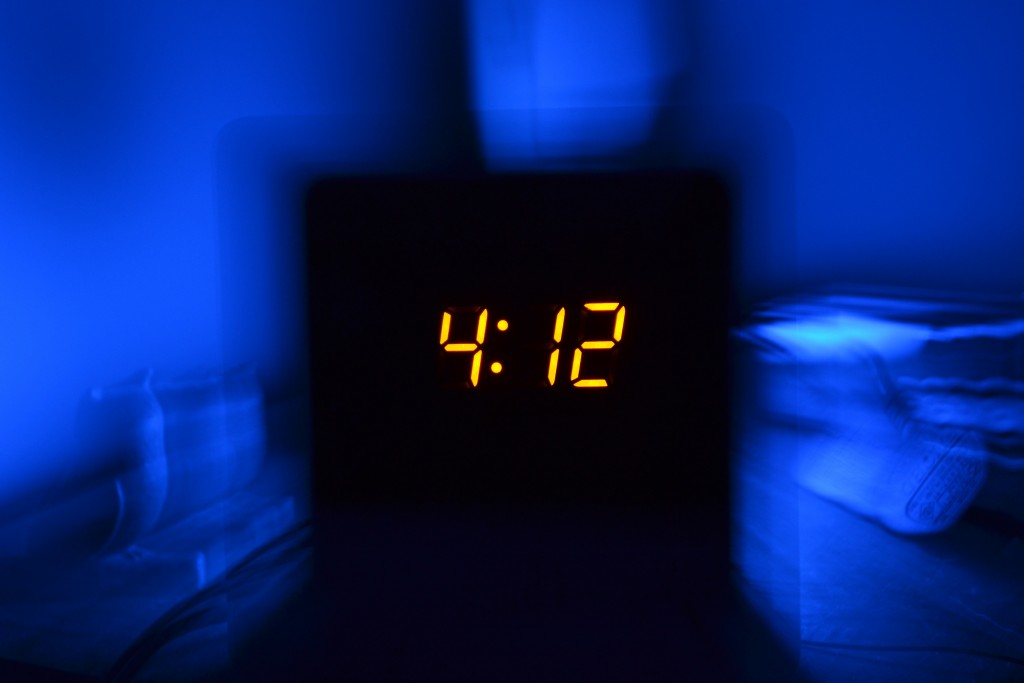
By Rowena Kong
“Dear Miss Summer,
I know you must have answered this common question a number of times, but personally I just can’t seem to get rid of this problem no matter how hard I try. I’ve been losing sleep for quite some time now – spending all night mind-wandering and staring at the clock until dawn. Although my work is not so much affected at present, I deeply fear that one day this huge sleep debt might ruin my life and career. Please help!
Sleep-Agonized
Dear Sleep-Agonized,
I can understand your problem. In spite of it being a common and recurrent problem today, insomnia happens to each person for different reasons and to varying degrees. What matters to Tom may not trouble Harry because every person is a unique individual. To address your question, it sounds like the sleeplessness has been going on for quite a while now. Allow me to say that it is usually not an easy task to tackle a problem once it has reached its climax because it takes a longer process of retrospection and analysis of what has occurred. However, I tried to pick up on your hints and perceived that there has been much going on for you in terms of thoughts, fears, and career. A conscientious person who highly values her work accomplishments would definitely feel vulnerable upon realizing that her circadian rhythms are off. Perhaps you should start considering this area to be of relevance to your ongoing struggle. Try not to be too hard on yourself when things fall short of your expectations and standards, when the report you produced does not receive positive feedback from your supervisor, or clients fail to appreciate you going the extra mile for them. One thing you should also think about is the level of guilt you have due to this sleep loss problem. Be aware that it is not your fault that this is happening. Lastly, I would encourage you to take some time off work to enjoy the world outside and the new season, and even to do more mind-wandering in a non-stressful and health-rejuvenating way, because you deserve it. That way, you can loosen the tight bonds of schedule-consciousness, which might have played a role in your insomnia…
All the best and take care,
Miss Summer”
–
Alright, I confess – the above introduction is not an excerpt from a magazine advice column but was taken from a piece of fiction written by me and posted elsewhere. Nevertheless, it kindled an interest that caused me to start researching the topic of insomnia. I get the notion that the term, which describes sleep deprivation and its related problems, is so general and overused that its connotation is one of vagueness and ambiguity. When someone close to me recently complained of the problem, questions started popping up in my restless head of its causes and triggers, onset, duration; and, most of all, how the nature of her job might have exacerbated the condition.
Continue reading →


 Follow
Follow

